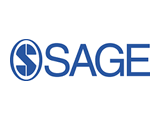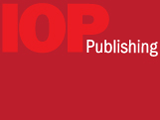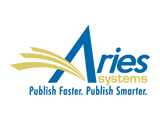Starting in 2013, Springer and the Italian Society of Gerontology and Geriatrics (SIGG) are collaborating to publish Aging Clinical and Experimental Research, the official journal of the society. It was previously published by the Italian publisher Editrice Kurtis. The journal will be available on Springer’s online platform SpringerLink (link.springer.com).
Appearing six times a year, Aging Clinical and Experimental Research publishes review articles, original papers and case reports, offering a multidisciplinary forum in the field of gerontology and geriatrics. The areas covered by the journal include biogerontology, neurosciences, epidemiology, clinical gerontology, geriatric assessment, and social, economical and behavioral gerontology. The journal offers novel data on basic science, and clinical, epidemiological and health services research in the field of aging. It targets clinical practitioners and professionals working in the area of aging.
Stefania Maggi, Editor-in-Chief, said: “As we begin the 25th volume of Aging Clinical and Experimental Research, it is my pleasure to welcome our new collaboration with Springer. The science publisher and SIGG have agreed on a five-year partnership to publish the official journal of the society. I am very grateful to the president, Prof. Giuseppe Paolisso, and to the board of directors of SIGG for their efforts in supporting the journal, not only economically at a time of financial constraints, but also through excellent scientific contributions. We value their excellent suggestions and interactions with the editorial office.”
Carlotta d’Imporzano, Executive Editor Medical Journals at Springer, said, “We are delighted to start the cooperation with the Italian Society of Gerontology and Geriatrics to publish one of the oldest geriatric journals in Italy. We look forward to supporting SIGG in its mission and working with the society to increase the international visibility of the journal. We welcome receiving even more valuable submissions from international authors.”
































